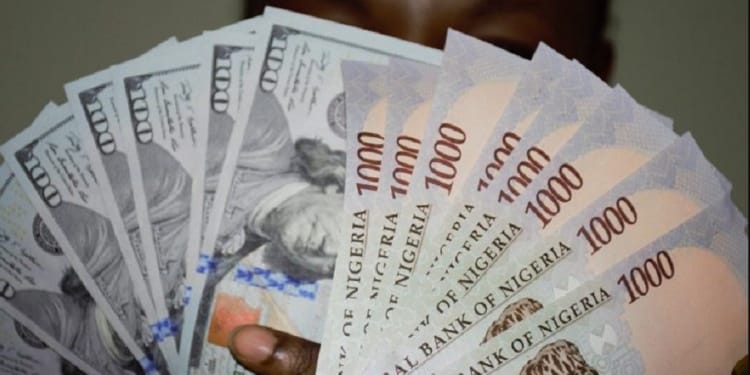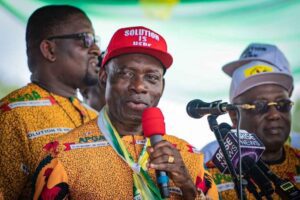Nigeria’s naira is enjoying its most stable stretch of the year, trading within a narrow band of ₦1,520–₦1,537 per dollar for nearly eight weeks from mid-June to early August according to market data tracked by Nairametrics.
This period of calm follows a turbulent first half of 2025 marked by sharp swings: a January rally, an April slump, and a May–June rebound. In recent weeks, the daily movement has been limited to just ₦2–₦3 on most trading days, a stark contrast to the double-digit jumps earlier in the year.
The stability is especially striking during the summer holiday season, when foreign exchange demand typically spikes as Nigerians travel abroad for vacations, schooling, and shopping. Adding to the positive momentum, several banks have resumed issuing naira debit cards for international dollar transactions, a move analysts say has boosted confidence in the Central Bank of Nigeria’s (CBN) exchange rate reforms under Governor Olayemi Cardoso.
At the start of 2025, the naira strengthened sharply from ₦1,538.50 to ₦1,475 per dollar by late January. The rally reversed in March, hitting the weakest point of the year at ₦1,644/$1 on April 9. Recovery began in May and continued into June, laying the foundation for the current stretch of stability.
Related Posts
Key Drivers Behind the Naira’s Steady Performance
- Weaker US Dollar Globally – A softer US dollar index, driven by cooling US inflation and expectations of Federal Reserve interest rate cuts, has eased pressure on emerging-market currencies, including the naira.
- Rising External Reserves – Nigeria’s foreign reserves have climbed above $40 billion, their highest in years, giving the CBN confidence and capability to step in if volatility returns.
- Lower Speculative Demand – Narrower gaps between official and parallel market rates have cut out arbitrage opportunities, leaving genuine trade-related FX demand as the main driver.
- Clearing of FX Backlogs – The CBN’s accelerated settlement of outstanding obligations to banks, airlines, and manufacturers has improved liquidity and investor confidence.
- Corporate Adjustments – Nigerian companies have adapted by sourcing more inputs locally, renegotiating payment terms, and staggering imports to reduce sudden FX demand.
- Hawkish Monetary Policy – Despite falling inflation, the CBN has maintained high interest rates, tightening naira liquidity, discouraging speculative dollar purchases, and attracting short-term capital inflows.
For now, traders report a balanced FX market with matched supply and demand. The real test will come if oil prices fall, reserves drop, or the US dollar strengthens again factors that could disrupt the current calm.
Stay tuned to 9am News Nigeria for more Breaking News, Business News, Sports updates And Entertainment Gists.
















